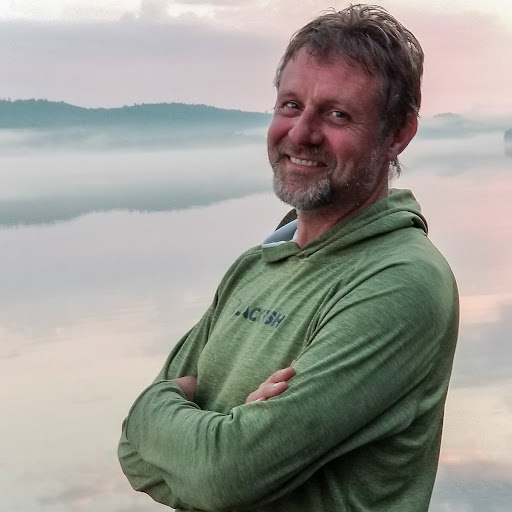
Research & Teaching Areas
My research and teaching agenda focuses on place-making and place-based cultures, resilient food systems, human-environment relationships, the role of the arts in society, globalization and craftwork, sustainability as a theoretical framework and practical approach to addressing contemporary issues of social inequality, and participatory media creation with community groups. This agenda emerges from my early work on sense of place and human perceptions of the landscape, and from the work I did for some years in the environmental nonprofit sector. I pursue this interest in a number of directions, including research within the United States and in Ecuador. I have conducted major community research projects revolving around sustainable regional food systems in the Western Great Lakes. I regularly conduct fieldwork in Saraguro, Ecuador, and create a series of participatory media pieces (films and digital stories) with the indigenous community I work with there. In addition, I have worked with nonprofits in the Great Lakes region to teach participatory media making, specifically digital storytelling, to community groups.
Methodologies I Specialize In Using and Teaching
I teach participatory research methods within the frameworks of ethnography, participant-observation, interviewing, videomaking, digital storytelling, storymapping, and other qualitative methods.
I am a co-founder of the Participatory Media Lab@UMD. You can see examples of work by students here: PML
You can see examples of my video work here: David Syring’s YouTube Channel
Philosophy of Relationship with Graduate Students
I support students as they develop their curiosities and skills. In working with graduate students, I consider students as peer thinkers and scholars who are investigating topics that genuinely engage them. I am a colleague and facilitator who seeks to point you to meaningful engagements with books, media, organizations, and other people to help you develop your thinking and work.
How My Work Contribues to the World
In our region my research regularly focuses on how we can create a more resilient and more just food system.
I started my time living in Duluth not as an academic, but as an environmental organizer. I maintain connections with many environmental and arts organizations and often contribute my work to these organizations. In addition, I help my students find community partners for their research whenever possible.
Community and Professional Organizations
I work actively with regional food organizations (including local farmers and nonprofits such as the Northland Food Network). I avidly support the work of the American Indian Community Housing Organization (AICHO), which I think is one of the most dynamic social support and cultural arts organizations in the country!
Professionally I have edited a major anthropological journal (Anthropology and Humanism), and active with the Society for Humanistic Anthropology, and the Society for Visual Anthropology.
Where Do My Advisees Go?
I have advised undergraduate and graduate students who follow many different paths in their professional lives. Some go on to graduate school, some work in nonprofits, some work in various business sectors, some become farmers. In every case, the research and critical thinking skills we explore together serve their specific goals.
Qualifications & Limitations
On Advising
As the Director of Graduate Studies for the program, I will advise any student in our program. Usually you will start with me as your advisor, and when/if you find a different faculty member who you want to work with closely as an advisor, there is absolutely no problem switching your advisor to that person. Please feel free to discuss this with me.
On Directed (Independent) Studies and Project Supervision
I also serve as a directed study instructor and committee chair or member for a wide variety of students and topics. If you seek an independent study on a topic on something that I do not have expertise in, I will help you identify an appropriate instructor to approach to request an independent study.
Questions Dr. Syring Will Ask Every Advisee
- What brings you to graduate school at this moment in your life?
- What do you want your graduate education to do for you?
- What do you want your graduate education to do for your community/communities?
Final Thoughts
I aim to support graduate students not so much to meet a set of criteria for a degree, but to find a process that will bring about new things they would not have thought or done had they not started graduate study